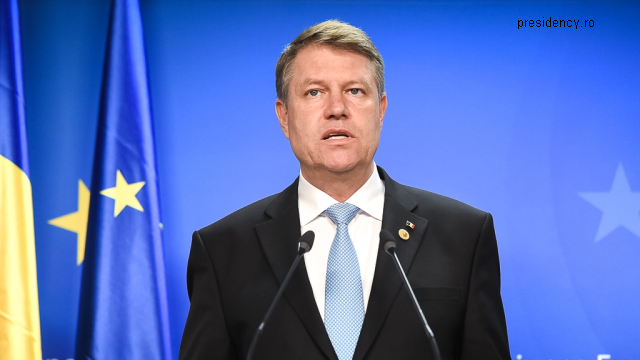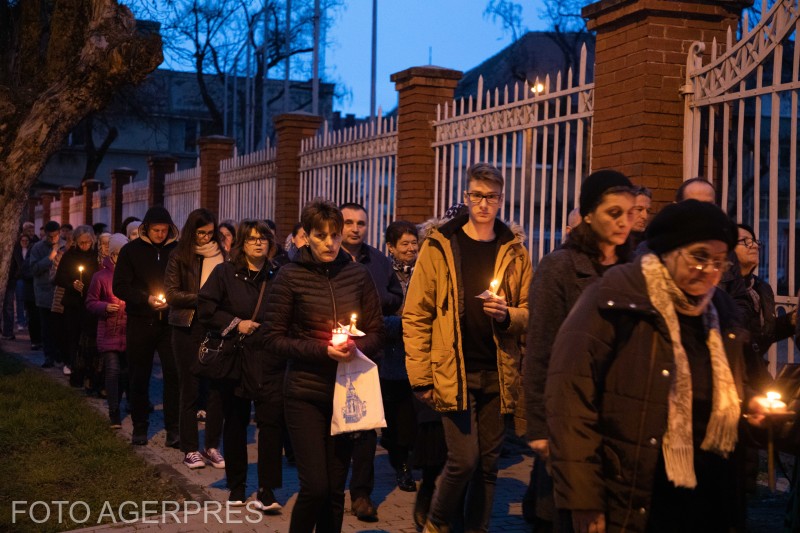Debates on the Future of the European Union
Great Britain's leaving the EU has triggered talks on the future of the Union

Leyla Cheamil, 13.03.2017, 13:01
Euroscepticism seems to be growing along with the promotion of the idea of a multi-speed Europe. East-Europeans are afraid that such prospects might trigger a split that would mark the future development of the EU in a negative way. The European Commission President Jean-Claude Juncker, the one who set fort the idea of a multi-speed Europe, has given assurances that this would not build another iron curtain between the West and the East. He made the statement at the summit held on Thursday and Friday in Brussels in the 27-member formula, without the UK, where the participants discussed the future of the EU.
The EU leaders would like to see a re-launch of the Union after Brexit, as provided in the so-called White Paper which is to be adopted at the summit due in Rome on the 25th of March. In Brussels, Romania was represented by President Klaus Iohannis, who stated that a multi-speed Europe for an indefinite period of time is not a good solution, as it might actually lead to the splitting of the Union. However, he has also stated that Romania should not be worried about a Europe running at various speeds, provided every member state can choose its own speed for a while.
Klaus Iohannis: “We should not be afraid of the projects that entail various operating speeds, as it is, for instance, the European prosecutor. So, 17 members have signed, including Romania, others have not signed yet. Some will come later, others may not come at all, but this does not mean we should not go forward, this is not a multi-speed Europe, its just a project that some are willing to join sooner, others later. This is acceptable, but stating that there are countries in Europe that move forward and others that lag behind, that we cannot accept.”
In turn, the Romanian Foreign Minister Teodor Melescanu has stated that the two-speed Europe formula will not be adopted officially, because such an idea would be opposed by many countries, including Romania.
Teodor Melescanu: “I am very glad that, regarding this issue, which is of utmost importance to Romania, as a member of the EU, our stands are very clear: we are against adopting principles or rules pertaining to the idea of a two-speed running or variable geometry. We are aware that, even today, there are structures in Europe that we are not part of, such as the Eurozone. The EU has several speeds anyway as there are countries that are part of the Eurozone, others that have not been included, countries that are part of Schengen, others that are not.”
(Translated by Mihaela Ignatescu)






























